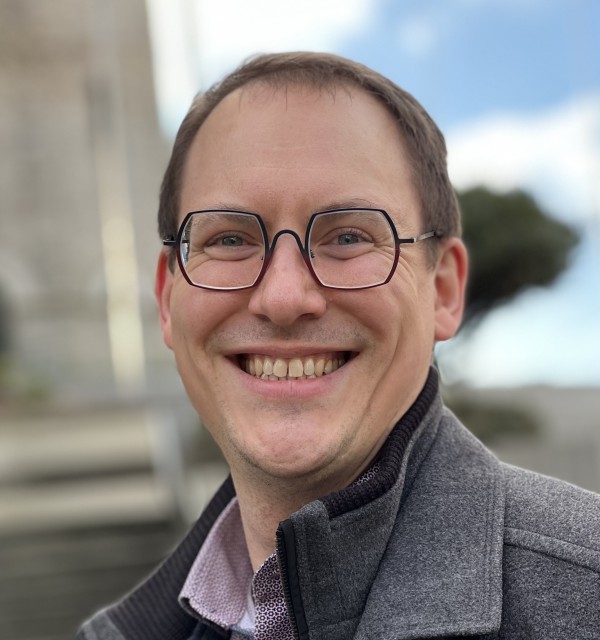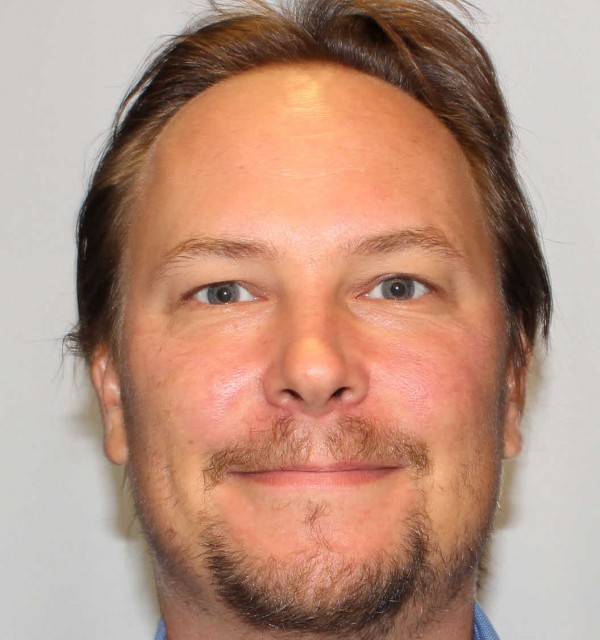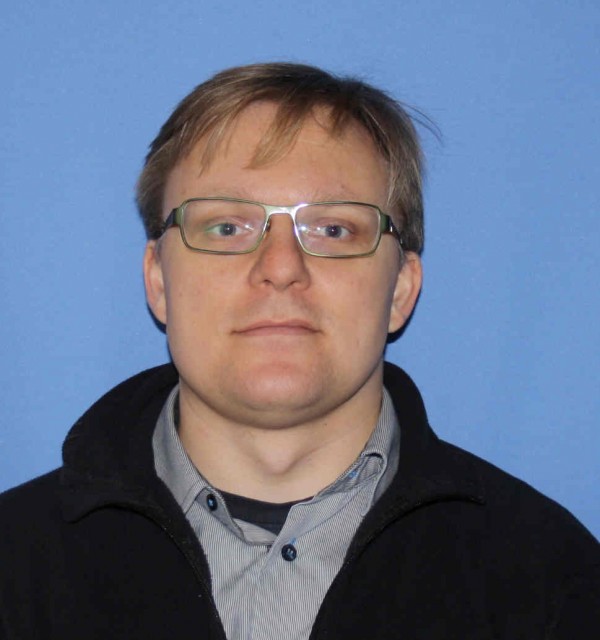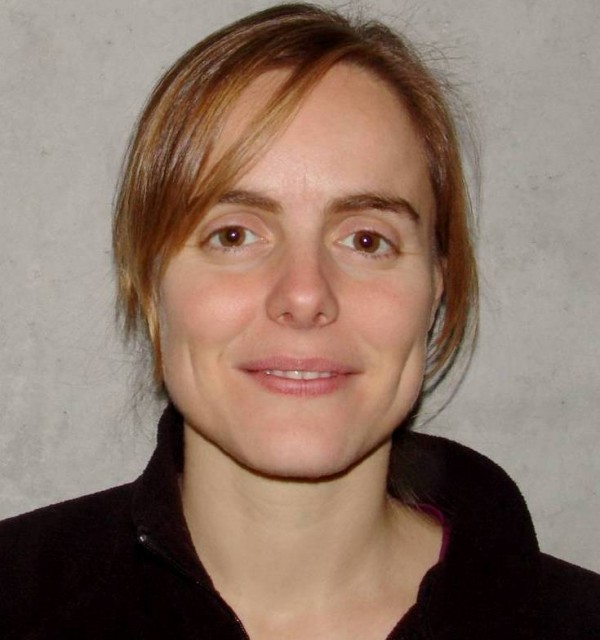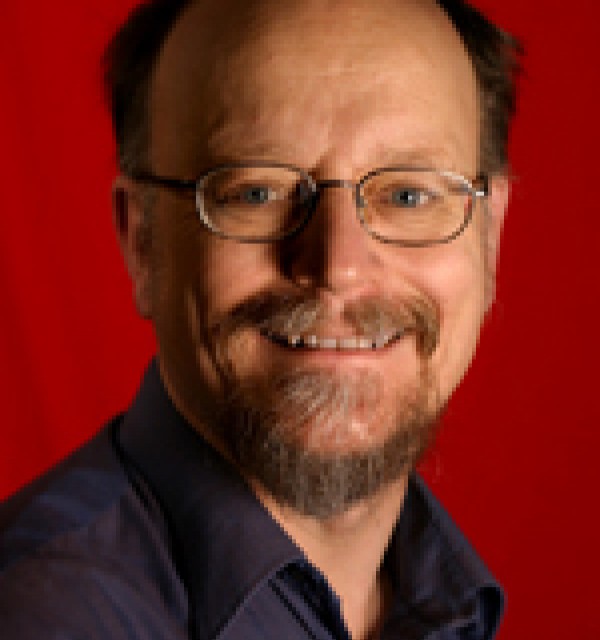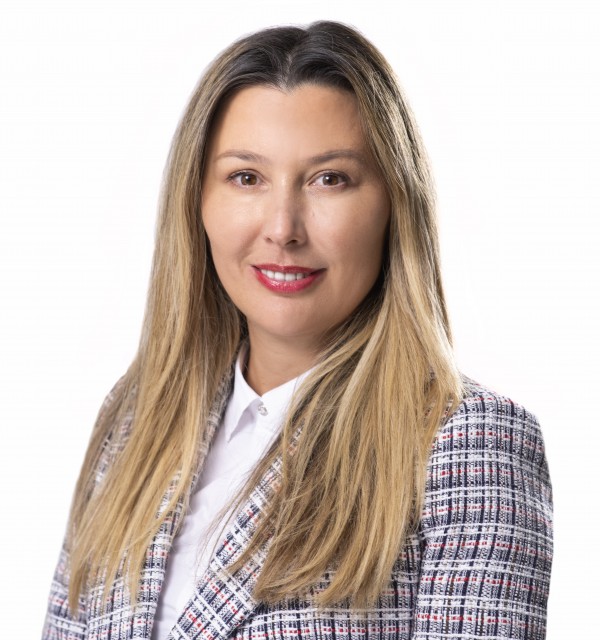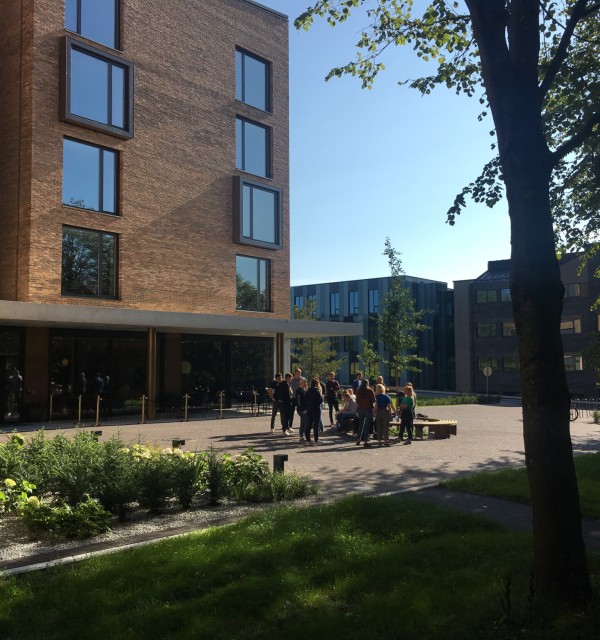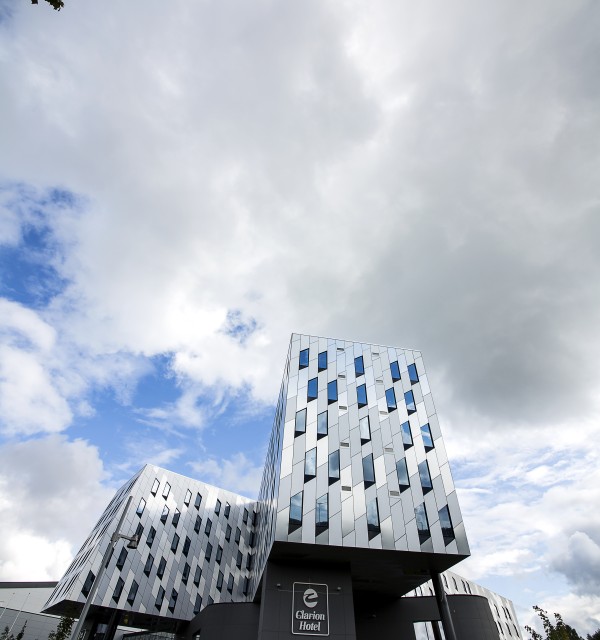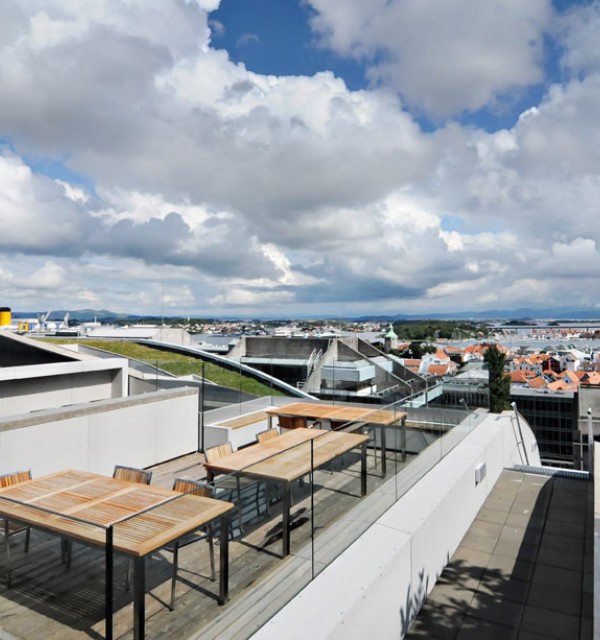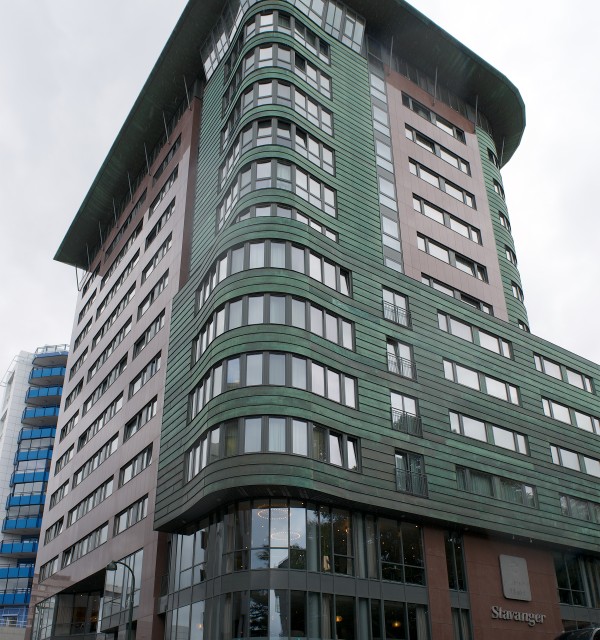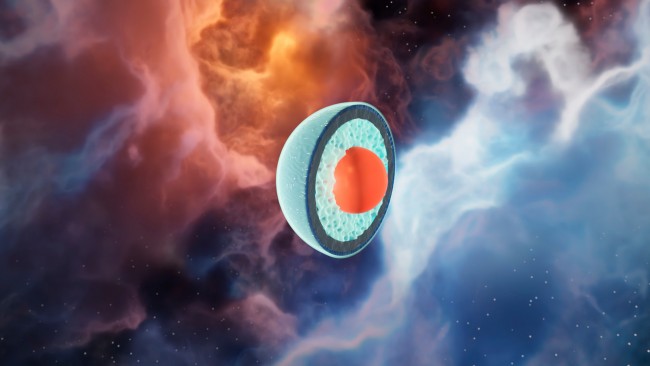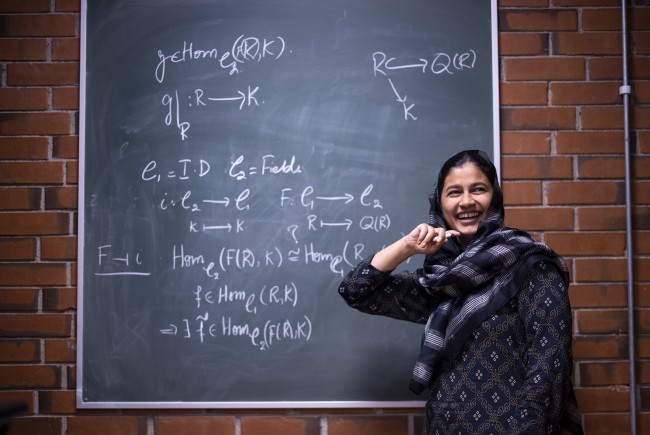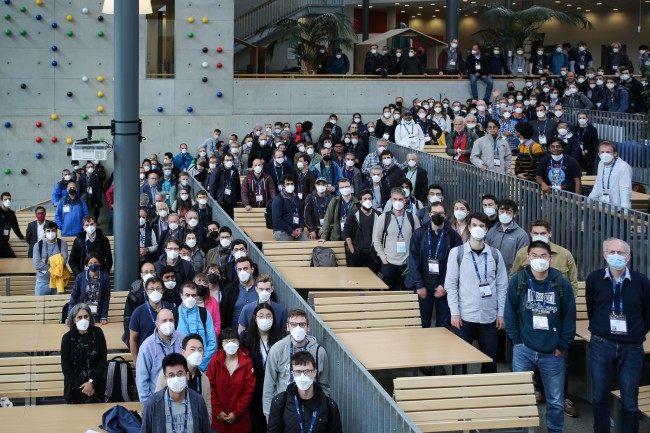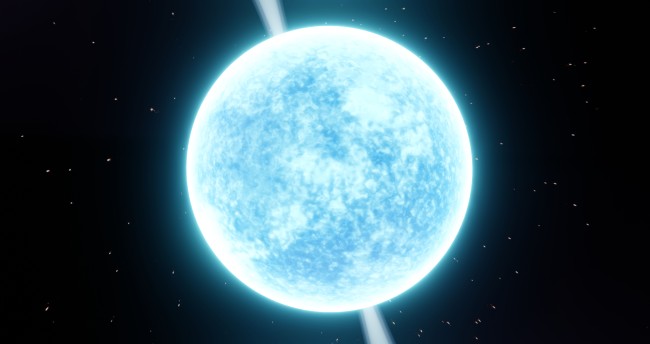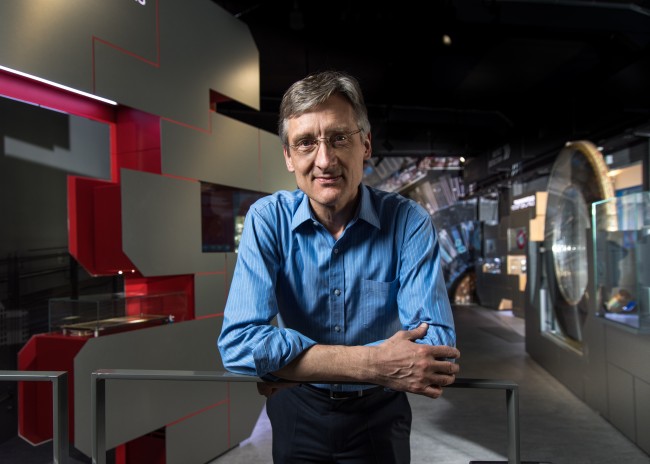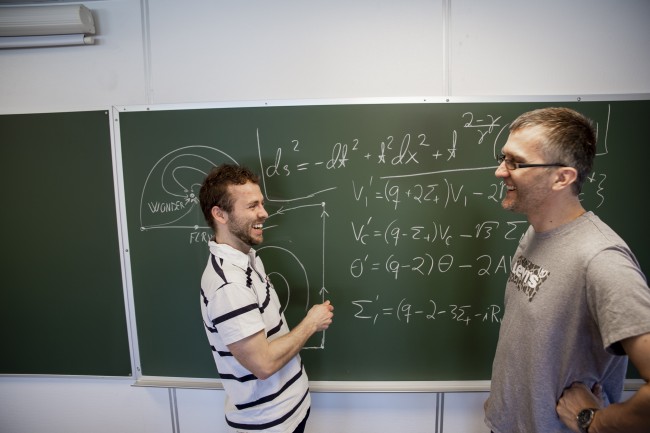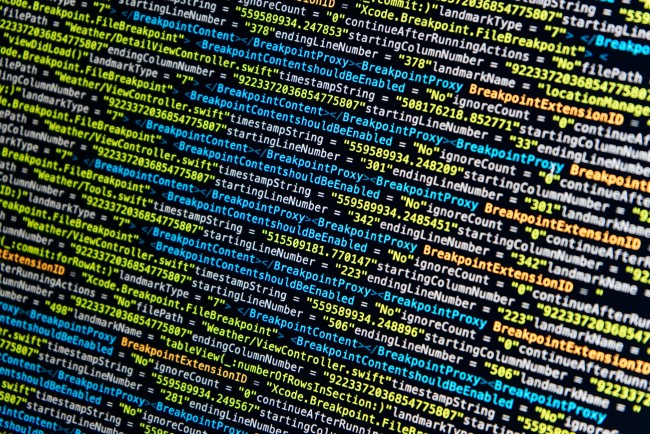This series of conferences has become an important forum for scientists working on strong interactions, stimulating exchanges among theorists and experimentalists as well as across related fields.
August 1st - 6th, 2022
University of Stavanger, Norway [ in person ]
Registration is open until June 20th via our Indico site
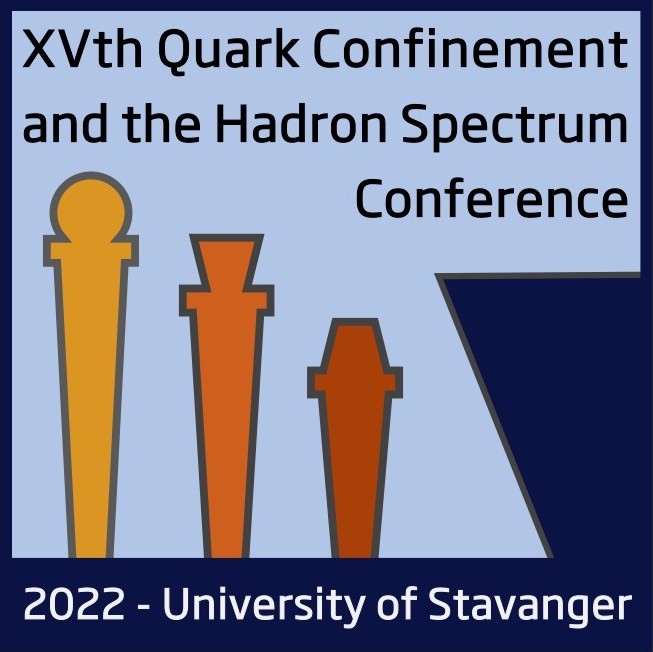
Inaugurated in 1994 in Como, Italy, this series of conferences has become an important forum for scientists working on strong interactions, stimulating exchanges among theorists and experimentalists as well as across related fields.
The aim of the conference is to bring together people working on strong interactions from different approaches, ranging from lattice QCD to perturbative QCD, from models of the QCD vacuum to QCD phenomenology and experiments, from effective theories to physics beyond the Standard Model.
The scope of the conference also includes the interface between QCD, nuclear physics and astrophysics, and the wider landscape of strongly coupled physics. In particular, the conference will focus on the fruitful interactions and mutual benefits between QCD and the physics of condensed matter and strongly correlated systems.
The fifteenth edition of this conference series will be jointly hosted by the University of Stavanger and the Academy of Science Stavanger. The event will take place at the Ullandhaug Campus of the University of Stavanger, Norway, between August 1st - 6th, 2022.
Program
Confirmed Plenary Speakers
See the list of speakers.
Nora Brambilla (TU-Munich) - "Summary"
Vladimir Braun (Regensburg U.) - "Higher Twists"
Hee Sok Chung (Korea U.) - "Quarkonium production and polarization: where do we stand?"
Giacomo Cacciapaglia (Lyon U.) - "Strong Dark Matter"
Zohreh Davoudi (U. Maryland) - "Quantum simulations for QCD: where we are now and what is in reach"
Susan Gardner (U. Kentucky) - "QCD and BSM"
Nobuo Sato Gonzales (Jefferson Lab) - "Getting ready for the EIC"
Martin Hoferichter (U. Bern) - "Interplay of nuclear physics, effective field theories, phenomenology, and lattice QCD in neutrino physics"
Kenta Itahashi (RIKEN) - "What can pionic atoms tell us about the QCD vacuum"
Nicolo Jacazio (U. Bologna) - "Heavy ion collisions as a tool: which physics can be explored"
Derek Leinweber (Adelaide U.) - "Dynamical fermions, center vortices, and emergent phenomena"
Grant Mathews (Notre Dame U.) - "Neutron star mergers and the quark-matter equation of state"
Swagato Mukherjee (Brookhaven Lab) - "Lattice QCD for heavy-ion collisions: Status update"
Antonio Pineda (U. Autonoma Barcelona) - "Renormalons, the plaquette, the gluon condensate and all that"
Sasa Prelovsek (U. Ljubljana) - "QCD confronts heavy flavor and exotic hadrons"
Alexander Rothkopf (U. Stavanger) - "Real-time dynamics, inverse problems and lattice simulations"
José Peláez Sagredo (U. Complutense Madrid) - "Light meson scattering: spectroscopy and exotics. Where do we stand?"
Daniel Salvat (Indiana U.) - "The neutron lifetime problem: where do we stand?"
Gerrit Schierholz (DESY) - "Towards a dynamical solution of the strong CP problem"
Andrea Shindler (Michigan State U.) - "Gradient flow, perturbative and nonperturbative renormalisation"
Dam Thanh Son (U. Chicago) - "Universal properties of neutron rich nuclei near the neutron drip line"
Michael Strickland (Kent State U.) - "Non equilibrium evolution of quarkonium in medium in the open quantum system approach"
Nazario Tantalo (INFN Rome) - "Non-perturbative calculation of radiative corrections in weak decays"
Changzheng Yuan (Institute of HEP) - "Exotic states in the quarkonium sector: status and perspectives”
Streaming links
Are you following the conference digital? Find the links here.
It is our pleasure to make available the plenary presentations and round-table discussions of the 15th Quark Confinement and Hadron Spectrum Conference to all interested colleagues free of charge. The video will also be available as recording after the end og the live stream. You can find below the links to the live streams of the plenary morning sessions that take place every day between 9:00h-13:00h (CET).
Mo. Aug. 1st – 9:00h-13:00h – https://uis.cloud.panopto.eu/Panopto/Pages/Viewer.aspx?id=34e5a8a1-c446-4945-aac9-aeaf008fb7ae
Tu. Aug. 2nd – 9:00h-13:00h – https://uis.cloud.panopto.eu/Panopto/Pages/Viewer.aspx?id=25ccd411-f869-451a-98be-aeaf008fb7ff
Wed. Aug. 3rd – 9:00h-13:00h – https://uis.cloud.panopto.eu/Panopto/Pages/Viewer.aspx?id=58c946df-8428-4da1-9435-aeaf008fb815
Thu. Aug. 4th – 9:00h-13:00h – https://uis.cloud.panopto.eu/Panopto/Pages/Viewer.aspx?id=cb400cea-2630-4146-bb65-aeaf008fb82c
Fri. Aug. 5th – 9:00h-13:00h – https://uis.cloud.panopto.eu/Panopto/Pages/Viewer.aspx?id=8d1020d4-b262-4939-bece-aeaf008fb842
Sa. Aug. 6th – 9:00h-13:00h – https://uis.cloud.panopto.eu/Panopto/Pages/Viewer.aspx?id=3163ded9-d931-48d0-8af9-aeaf008fb857
Local organizing team
A safe conference environment
Besides excellent science, it is a safe conference environment for our participants, which will make this conference a success.
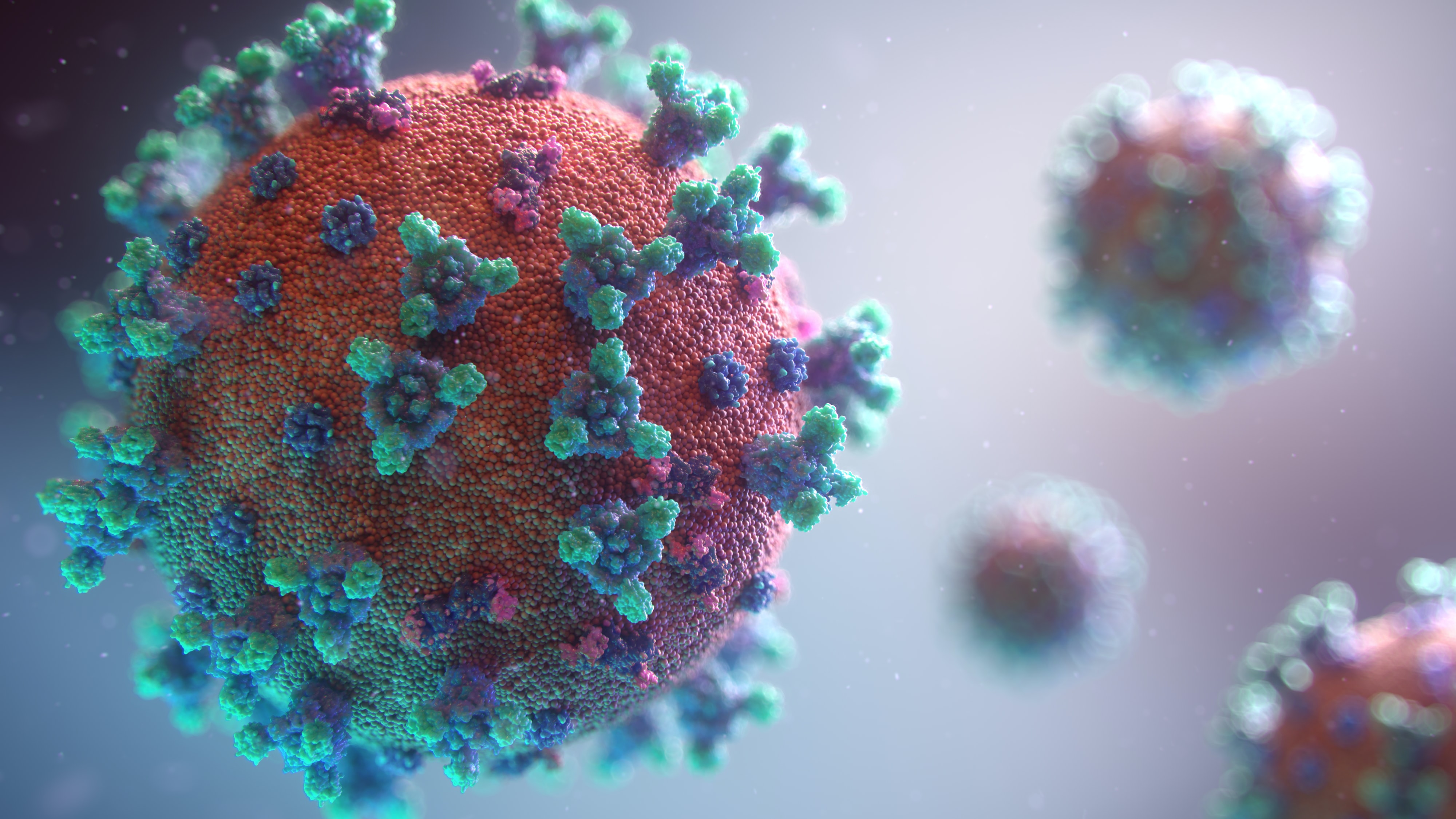
While many countries are exiting from their Covid measures, we believe that the pandemic is not yet over. In order to provide you with a safe conference environment, we have gathered the actual ventilation data for our auditorium and used the currently best available estimates for the aerosol transmission of the corona virus from Jimenez & Peng (for ConfXIV data see: Aerosol Transmission Estimate) to decide which measures to enact. Three key components determine safety: adequate ventilation, vaccination status of participants and the quality of masks that are worn.
To enable a low risk environment (less than 2% chance of infection for a single person during the whole week, corresponding to an infection risk parameter H=0.001 H_{low risk}=0.05 [Peng et al. 2022]), we have therefore decided on the following measures:
To ensure adequate ventilation, the total number of in-person attendees will be limited to 300.
(All plenary talks will be live streamed via Panopto and recordings made available via the conference YouTube channel for those who cannot attend in person.)
We strongly recommend that participants have received two vaccination doses, as well as a booster shot by July 2022.
All participants must wear a FFP2 / KF94 mask at all times, when inside a lecture hall or seminar room.
(A pack of 8 masks for the week is included in the conference fee.)
We recommend that participants test themselves using rapid tests before they arrive on campus or if they feel unwell during the conference week. If you feel unwell during the conference don't hesitate to contact a member of the organizing team. We are happy to provide you support.
Poster Contributions
The poster session is an integral part of each Quark Confinement and the Hadron Spectrum conference, providing a forum for intense discussions and exchange.
In 2021 it will take place on Tuesday August 3rd from 18:00h-20:00h. We encourage participants to consider posters as a means of contributing to the conference and will recognize them on an equal footing with contributed talks in the proceedings.
Poster Prize
It is our pleasure to announce that this year two dedicated poster prizes will be awarded. A jury will select contributions based on scientific excellence and innovative potential. Each prize is endowed with a cash amount of 500EUR.
Accommodations
Travel Options
In order to easily transfer between the city center and the conference venue on the campus of the University of Stavanger, we are making available digital public transport tickets to all of our participants.
Related articles
New evidence for quark matter cores in massive neutron stars
Researchers at the University of Stavanger are now one step closer to finding out what is in the core of neutron stars. ...
Maths and physics drop-in support centre
There is a new, free, maths and physics drop-in support centre at UiS. The service is offered by Theta, the linjeforenin...
World leading experts in theoretical physics taught PhD students
Students from all over the world got the opportunity to meet some of the leading physicists at the 2022 XQCD PhD school.
The 15th Confinement conference (ConfXV) brings 230 physicist to UiS
The Quark confinement and the Hadron spectrum conference brought together 230 researchers for lectures and conversations...
In the core of a neutron star
How can the established theory of particle physics, the Standard Model, be used to predict the material properties of th...
Adventures in particle physics
Do you want to learn more about the smallest building blocks in nature? UiS have invited three world famous physicists t...
Quark-Lab: Centre for fundamental physics research (SFF)
A proposed centre of excellence (SFF), Quark-Lab will build a bridge between the collider physics and gravitational wave...
Research prize awarded to particle physicists and cosmologists
A young an amibitious research group received the Lyse Research Prize for 2019, having been recognized on the national a...
Department of Mathematics and Physics
The Department of Mathematics and Physics performs research and offers education in the fields of Mathematics, Statistic...
